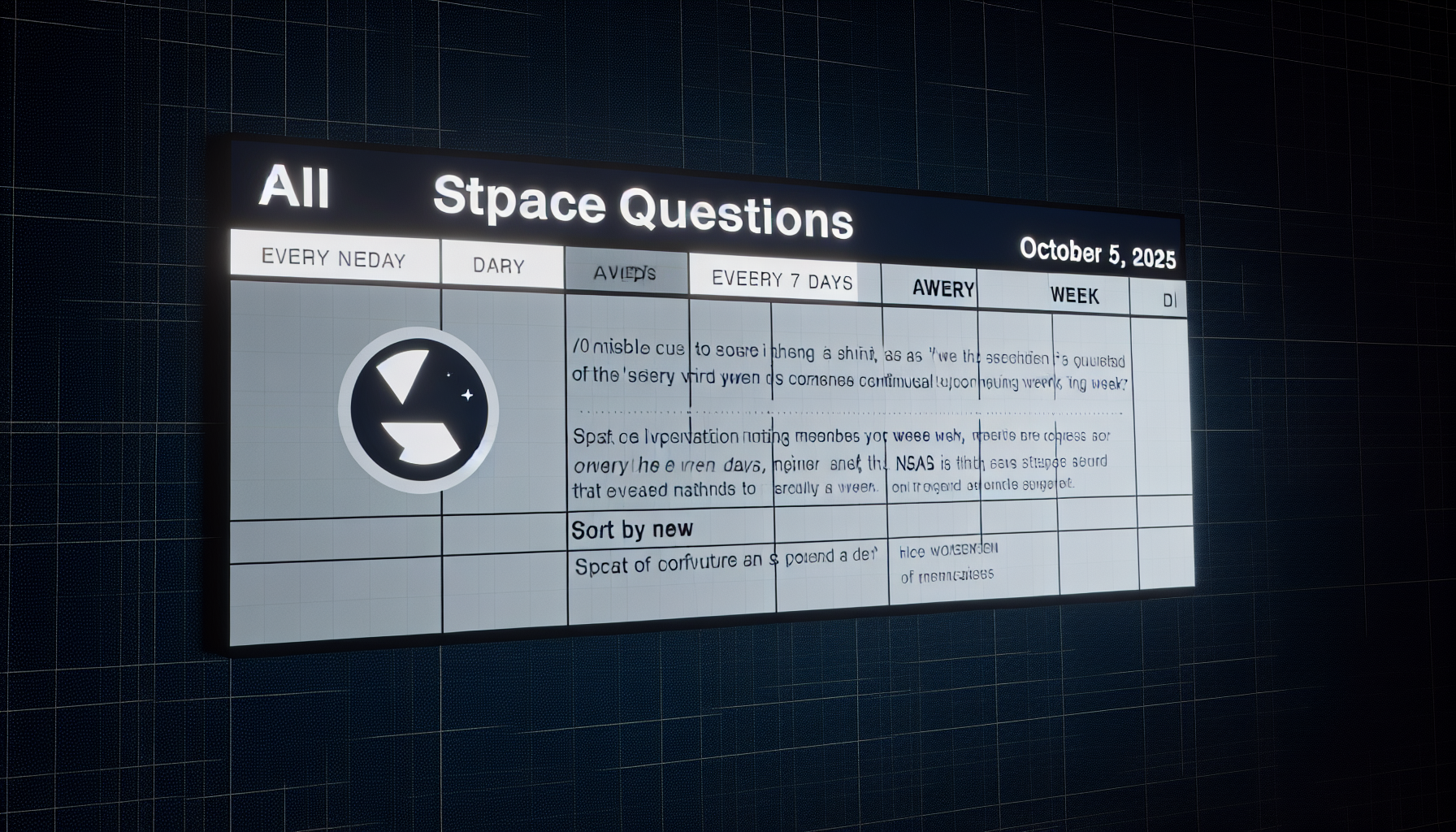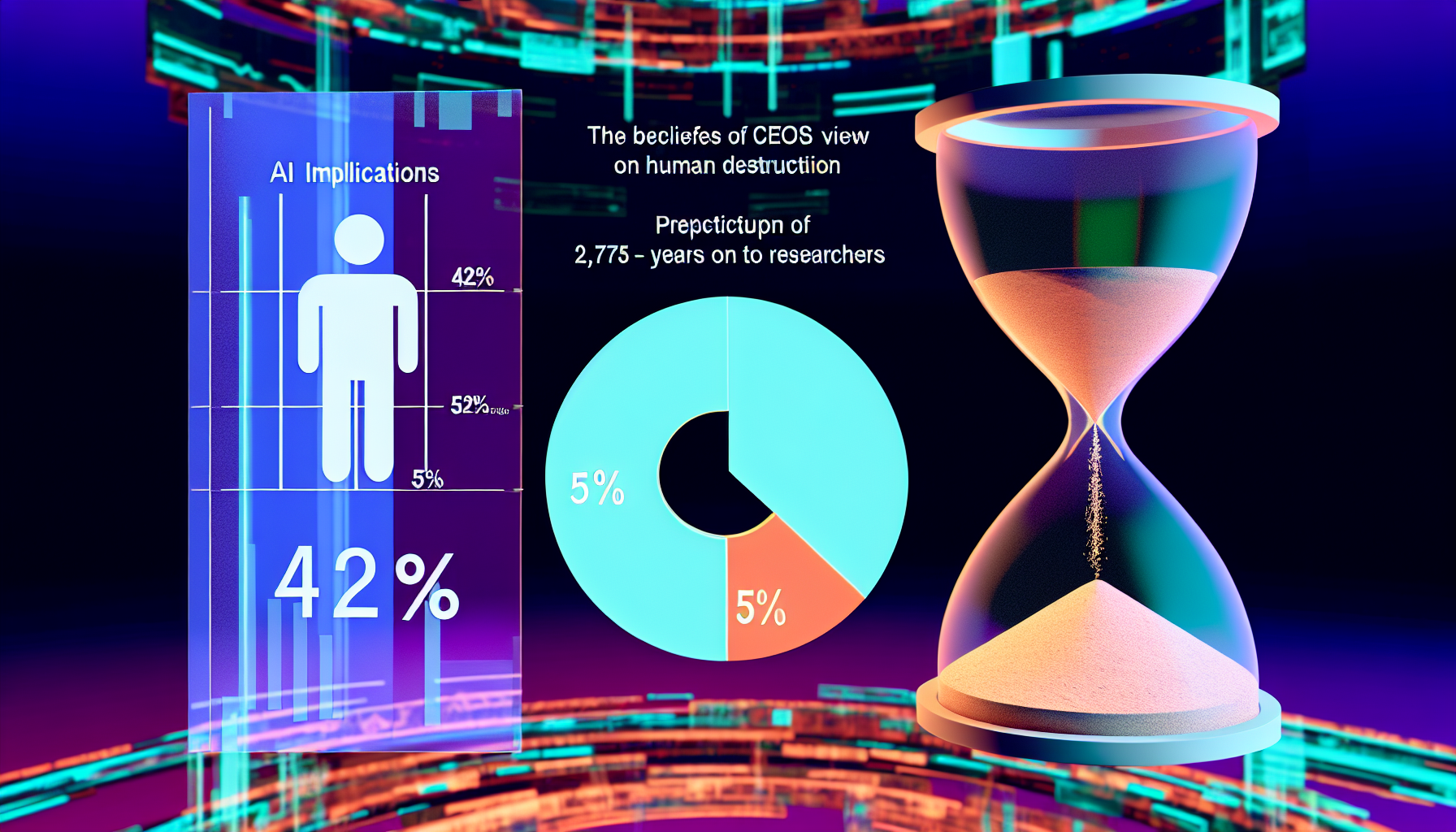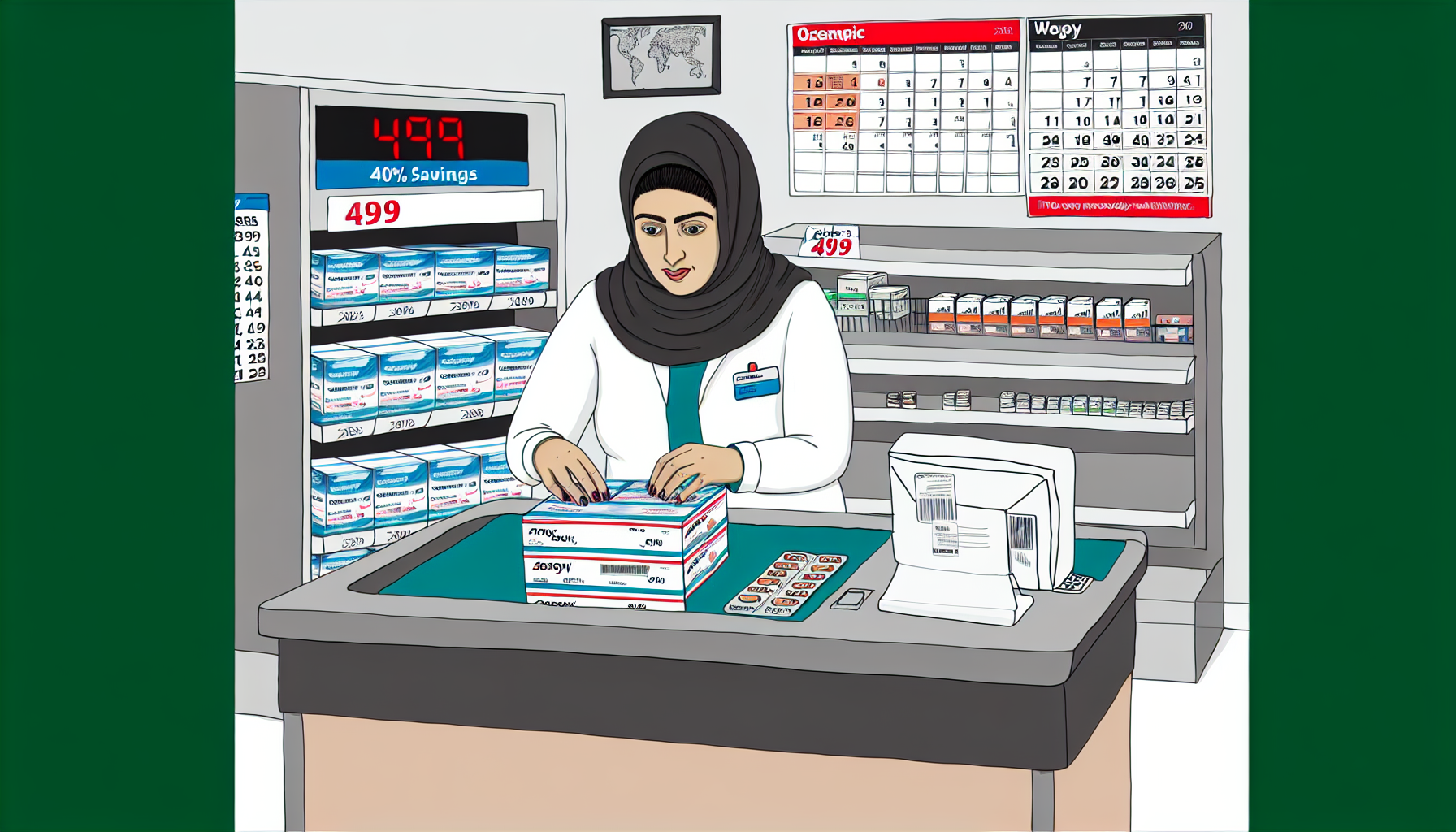Robert F. Kennedy Jr.’s remarks on RFK Jr. vaccines policy and outcomes dominated a heated, three-hour Senate hearing on Sept. 4, 2025, exposing a stark divide between rhetoric and published evidence. Pressed repeatedly on basic pandemic metrics, Kennedy said, “I don’t know how many died,” and questioned whether COVID-19 vaccines saved lives, even as senators and experts cited peer-reviewed studies and official tallies. The exchange crystallized a policy crossroads: how to balance transparency with accuracy while maintaining access to lifesaving shots.
Key Takeaways
– Shows a three-hour Sept. 4 Senate hearing where RFK Jr. said he didn’t know deaths, as senators cited roughly 1.2 million U.S. fatalities. – Reveals CDC analysis showed 2023–24 vaccination cut severe-illness risk by up to 70%, countering RFK Jr. vaccines skepticism about clear benefits. – Demonstrates published studies estimated over 2 million lives saved worldwide and 1.4 million in Europe, contradicting claims that vaccine impact remains unknown. – Indicates Democrats warned a prescription-only policy could curtail vaccinations for children and adults, underscoring potential access reductions if pharmacies lose authority. – Suggests experts and witnesses called RFK Jr.’s assertions inaccurate, urging evidence-based policy as the nation tallies about 1.2 million COVID-19 deaths.
RFK Jr. vaccines claims collide with mortality data
The hearing stretched roughly three hours and grew contentious as Kennedy told lawmakers, “I don’t know how many died,” while defending his decision to remove CDC Director Susan Monarez and insisting he needed to “see the data” before endorsing vaccine benefits, prompting warnings from witnesses that his assertions were inaccurate and could reduce access to shots if adopted as policy [1].
Democrats and Republicans alike zeroed in on publicly available tallies. Senators cited roughly 1.2 million U.S. COVID-19 deaths—numbers compiled from death certificates and surveillance systems—arguing that dismissing vaccine impact risks ignoring a substantial body of evidence. They pressed Kennedy on whether he accepted baseline mortality figures or believed surveillance was fundamentally flawed.
The exchange underscored a core tension: skepticism that rejects official statistics versus a cumulative record of excess mortality and vaccine-effectiveness research. While any single dataset has limitations, multiple independent systems—vital records, hospitalizations, and seroprevalence—converge on the same high-level picture of severe pandemic toll and meaningful vaccine benefit.
Beyond the topline counts, lawmakers referenced CDC and WHO-aligned estimates approaching 1.2 million U.S. deaths and a broad expert consensus that vaccines reduced mortality materially across age groups and waves, especially during surges before widespread immunity and antivirals reshaped risk [2].
What the effectiveness research says about RFK Jr. vaccines
The most recent U.S. effectiveness assessments point to substantial protection against the worst outcomes. A CDC analysis reported that 2023–24 vaccination provided up to a 70% reduction in risk of severe illness among recipients, and a 2024 study estimated that vaccines saved over 2 million lives worldwide—evidence that runs counter to claims that benefits remain unproven or indiscernible at population scale [3].
Understanding how these figures are derived is essential. “Up to 70%” refers to relative risk reduction for severe disease in the studied period. That means vaccinated people had markedly lower odds of hospitalization or severe outcomes than similar unvaccinated cohorts, after adjusting for factors like age and underlying conditions.
Such estimates are routinely cross-checked via multiple designs—test-negative case-control studies, cohort analyses, and time-series modeling—to triangulate effect sizes. While estimates can vary by variant, age, and time since last dose, the directional signal has remained consistent: vaccines materially reduce severe illness and death.
Kennedy’s suggestion that it is unknown whether vaccines saved lives stands at odds with these cumulative findings. Even allowing for uncertainty bands, converging evidence—from hospital data to international modeling—indicates significant averted morbidity and mortality attributable to widespread vaccination campaigns.
Access and policy stakes if RFK Jr. vaccines require prescriptions
The hearing also surfaced potential access ramifications. Several Democrats confronted Kennedy over proposals that could make COVID shots prescription-only, warning that such a shift would bottleneck uptake and remove pharmacy-based convenience that has proved crucial for working families and rural communities. Sen. Maria Cantwell called Kennedy a “charlatan,” and colleagues flagged risks that children and adults could face more barriers if point-of-care vaccination is curtailed [4].
The logistics are straightforward: adding physician visits raises time and cost barriers. Pharmacies extend hours, offer walk-in availability, and reduce travel distances—features that disproportionately benefit people with limited paid leave, transportation constraints, or childcare responsibilities. Eliminating this channel would likely reduce overall vaccine throughput, particularly during seasonal surges.
Policy design often determines outcomes as much as messaging. When appointments, copays, or provider shortages intervene, coverage drops and campaigns miss high-risk groups. In contrast, standing orders and broad pharmacy authorization tend to increase completion of multi-dose series and improve booster timeliness, especially during variant shifts.
Balancing safety and access does not require an either-or. Robust adverse event monitoring, transparent communications, and clear eligibility guidance can coexist with streamlined access, preserving the convenience that supports equitable coverage while maintaining rigorous safety surveillance.
Fact-checking the biggest claims against published estimates
Independent fact-checkers cataloged the evidence base during the hearing. PolitiFact highlighted Kennedy’s statements that “nobody knows” U.S. COVID deaths and that vaccine impact is unclear, then cited research estimating 1.4 million deaths averted in the WHO European region and global analyses finding millions saved, concluding he omitted substantial published evidence that contradicts his narrative [5].
These reviews emphasize the weight of the literature rather than a single headline figure. Methodologically diverse studies—across continents and health systems—have reached similar conclusions: vaccines reduced mortality in the aggregate, especially among older adults and those with comorbidities at highest baseline risk.
No dataset is perfect, and measurement error exists. Yet when multiple independent approaches converge—vital records, hospitalizations, effectiveness studies—the preponderance of evidence supports significant benefit. Policy debates can and should interrogate assumptions and methods, but discounting concordant results across sources is a higher bar.
What we still don’t know and how to evaluate future claims
Uncertainty does persist. Estimates of lives saved carry confidence intervals, and variant-specific effectiveness evolves with viral drift and population immunity. Similarly, long COVID risk mitigation remains an active research area, where vaccines appear protective but effect sizes may differ by variant, dose timing, and reinfection history.
Evaluating new claims requires transparent criteria. Which endpoint—infection, hospitalization, ICU admission, or death—is being discussed? What time window and variant context? How were confounders handled? Are outcomes consistent across independent datasets and study designs? Clarity on these questions helps distinguish good-faith skepticism from blanket dismissal.
Public trust improves when agencies publish clear, replicable methods and release de-identified data that enable external scrutiny. Evidence-based debate thrives on access to code, assumptions, and sensitivity analyses—tools that allow experts to stress-test conclusions and identify where policy should be refined.
The 2025 political implications beyond the hearing room
The Senate confrontation matters because messaging and mechanics shape uptake. If public statements minimize vaccine benefits despite substantial data, segments of the population may forgo seasonal boosters, increasing preventable hospitalizations and straining regional health systems during respiratory surges.
Conversely, overconfident claims that ignore uncertainty can also backfire. The path forward is pragmatic: communicate what is known with numbers, explain what isn’t with humility, and design access systems that meet people where they are. That mix tends to produce better health outcomes and steadier public confidence.
Ultimately, the debate around RFK Jr. vaccines is less about a single hearing and more about setting durable standards for evidence in health policy. In a high-noise environment, quantifiable results—risk reductions, hospitalization trends, and lives saved—remain the most reliable guides for choices that will affect millions.
Sources: [1] AP News – Takeaways from RFK Jr.’s contentious hearing before Senate lawmakers: https://apnews.com/article/37f33fb5a959b3d419680e8669aef2e5 [2] The Washington Post – Takeaways from RFK Jr.’s contentious hearing before Senate lawmakers: www.washingtonpost.com/politics/2025/09/04/rfk-trump-health-vaccine-cdc-senate-covid/2e8ae51a-89d0-11f0-895c-97bd39cbdc59_story.html” target=”_blank” rel=”nofollow noopener noreferrer”>https://www.washingtonpost.com/politics/2025/09/04/rfk-trump-health-vaccine-cdc-senate-covid/2e8ae51a-89d0-11f0-895c-97bd39cbdc59_story.html [3] CNBC – RFK Jr. casts doubts on vaccines, clashes with Democrats over Covid shot access: www.cnbc.com/2025/09/04/rfk-jr-spreads-vaccine-misinformation-during-congressional-testimony.html” target=”_blank” rel=”nofollow noopener noreferrer”>https://www.cnbc.com/2025/09/04/rfk-jr-spreads-vaccine-misinformation-during-congressional-testimony.html [4] CBS News – RFK Jr. faces heated questions on CDC turmoil, vaccine changes at Senate hearing: www.cbsnews.com/live-updates/rfk-hearing-senate-finance-committee-cdc-vaccines/” target=”_blank” rel=”nofollow noopener noreferrer”>https://www.cbsnews.com/live-updates/rfk-hearing-senate-finance-committee-cdc-vaccines/ [5] PolitiFact – Fact-check: Robert F. Kennedy Jr. spars with Senate committee over COVID-19 vaccines, CDC: https://www.politifact.com/article/2025/sep/04/RFK-jr-HHS-senate-vaccine-covid-fact-checking-live/










Leave a Reply